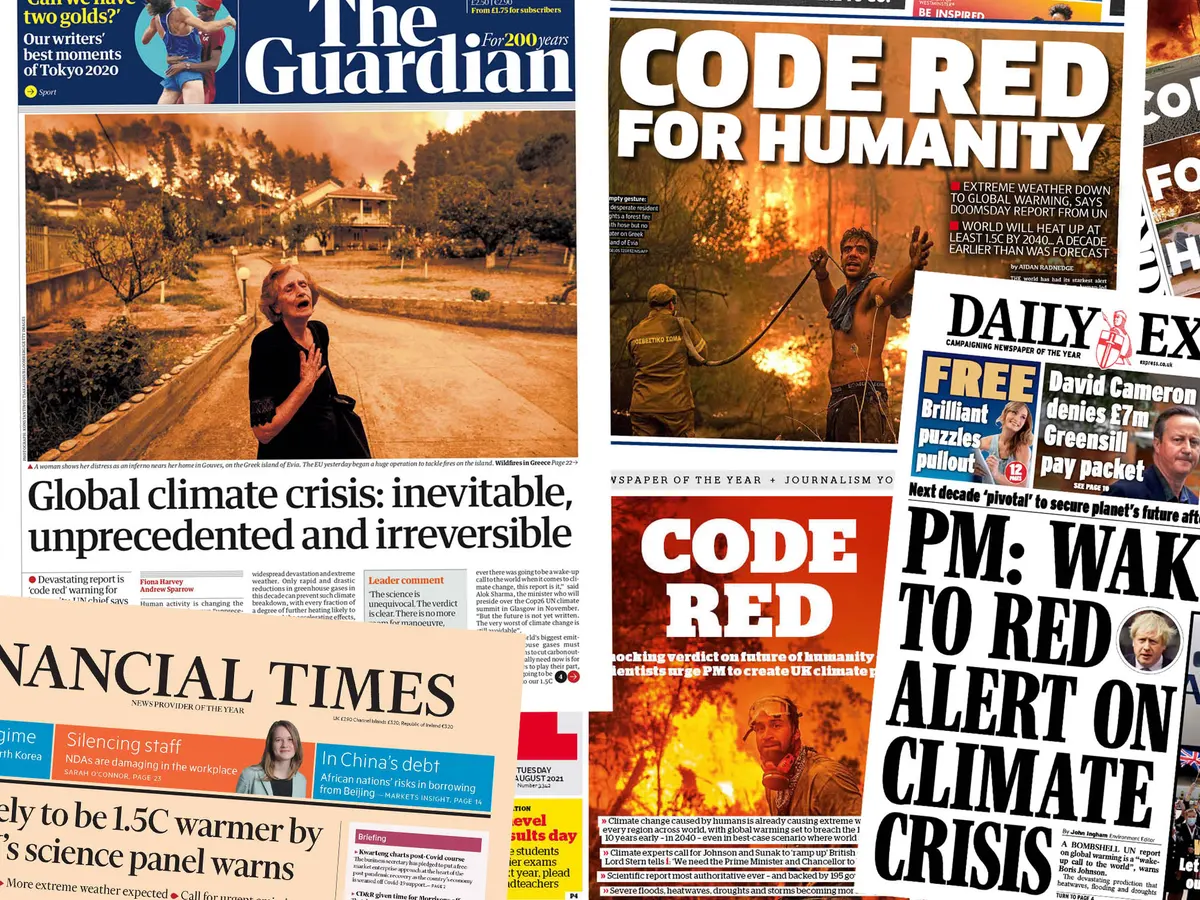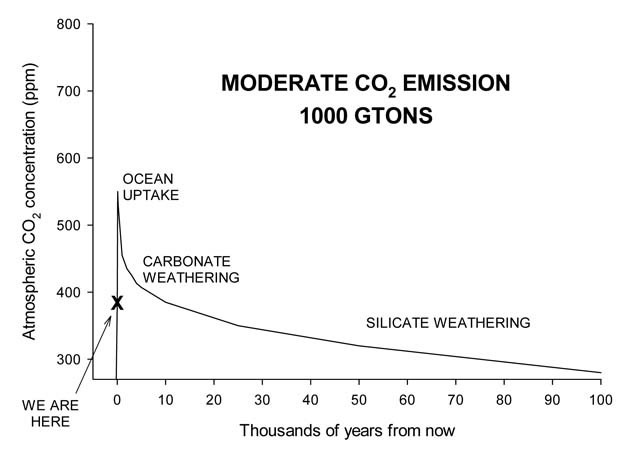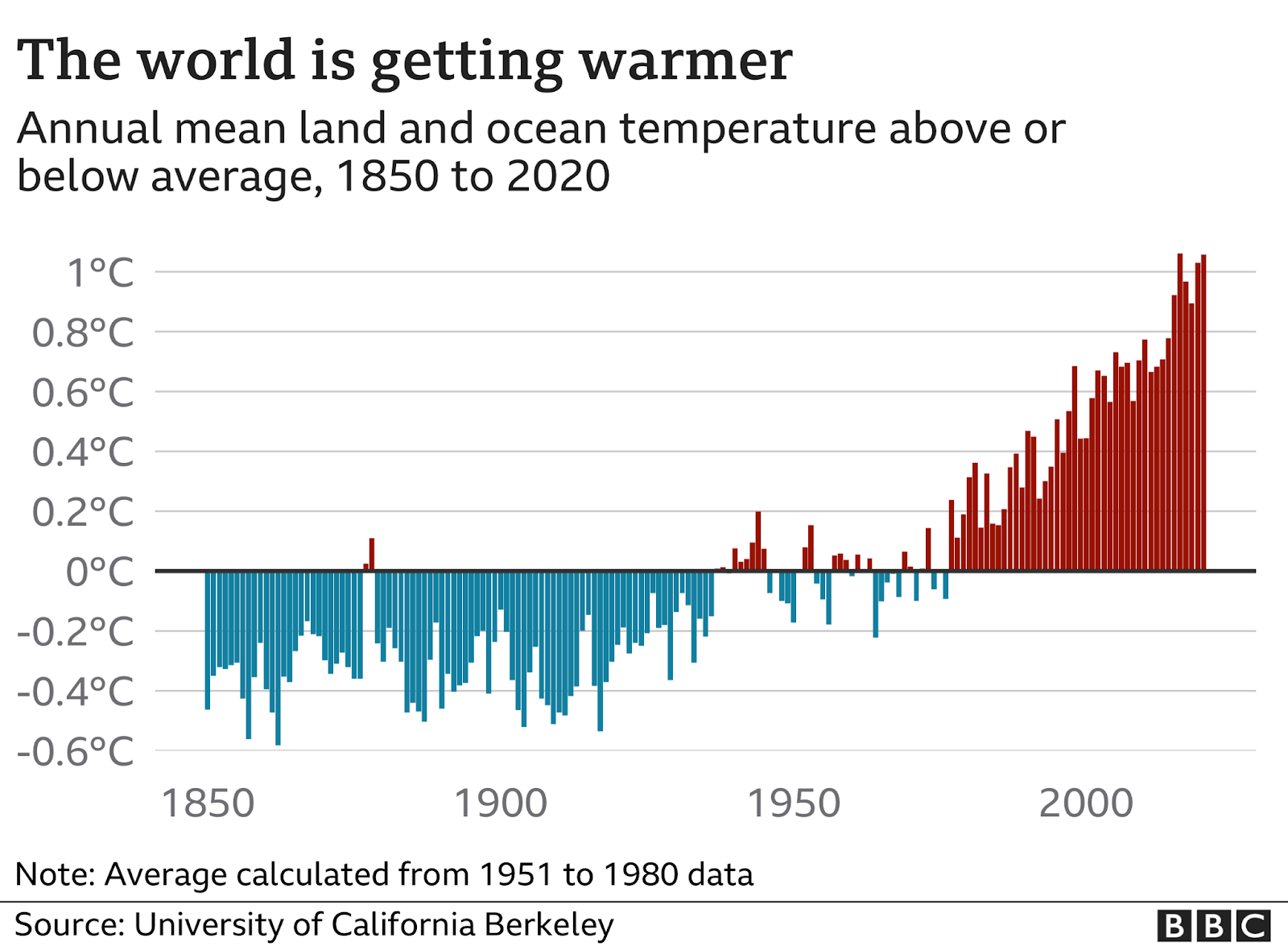Climate change is substantially more dangerous than cancer. Long-term changes in temperature and weather patterns are referred to as climate change. These changes might be caused by natural processes, such oscillations with the solar cycle. But since the 1800s, human activities—primarily the combustion of fossil fuels like coal, oil, and gas—have been the first cause of climate change.
INTRODUCTION
The melting of sea ice, melting of glaciers and ice sheets, rise in water level, and more extreme heat waves are already occurring as a results of the effects experts predicted.
According to scientists, greenhouse gasses produced by humans will continue to raise the global temperature. The effects of the severe weather will also worsen and increase.
Droughts, wildfires, and excessive rainfall are a few examples of changes that are occurring more quickly than previously thought by scientists. In fact, the Intergovernmental Panel on Climate Change (IPCC), a body of the UN tasked with evaluating the science surrounding climate change, asserts that the observed changes in our planet’s climate are unprecedented in human history and that some of these changes will be irreversible over the course of the next hundreds to thousands of years.
The path that future human activities take will determine how severe the effects of climate change are. More climatic extremes and extensive negative repercussions on our planet will result from increased greenhouse gas emissions. However, the extent to which we emit carbon dioxide will determine these long-term repercussions. Therefore, some of the worst effects might be avoided if we can lower emissions.
Over the course of this century and beyond, the global climate is expected to continue warming. The quantity of heat-trapping gasses generated by humans and how susceptible the Earth’s climate is to those emissions determine the extent of climate change and the severity of repercussions.
The study demonstrates that for 1,000 years after emissions cease, the climate change brought on by increases in carbon dioxide concentration is largely irreversible.

“Watershed moment” as the UN climate summit officially begins at COP27:
The annual UN climate change summit has begun, and Egypt, which is hosting it, has hailed it as a “watershed moment” for global climate action.The two-week summit, known as COP27, will draw roughly 30,000 participants, but some campaigners are skipping it due to worries over Egypt’s record on human rights.
More than 120 world leaders are traveling to Sharm el-Sheikh, a tourist town on the Red Sea.
On Monday, the World Leaders’ Summit will officially begin. During this event, heads of state and government will make five-minute speeches detailing their objectives for the conference.
The Barbadian Prime Minister Mia Mottley, for example, reminded the riveted audience that temperature increases of “two degrees is a death sentence” for island nations during that meeting.
PM Rishi Sunak is anticipated to call on world leaders to advance the switch to renewable energy “further and faster.”Additionally, he will caution world leaders against “backsliding” on pledges made at Glasgow’s COP26 summit the year before.

Is climate change more dangerous than the Cancer?
According to recent studies from the UN Development Programme (UNDP) and the Climate Impact Lab, if carbon emissions continue to be high, climate change might be twice as lethal as cancer in some regions of the world.
The data show that in Faisalabad, Pakistan, climate change may cause about 67 fatalities per 100,000 people, which would be greater than strokes, the third highest cause of death. The death rate in Riyadh, Saudi Arabia, is still greater than Alzheimer’s disease, the sixth-leading cause of death globally, despite the city having higher revenues.
Because the effects of climate change are not felt globally equally, inequality will rise. The UNDP hopes that by emphasizing that the future is not set in stone, people would take greater global climate action.
The How Just Transition Can Deliver the Paris Agreement report, which was also released this week by the UNDP, emphasizes the necessity of embracing the “green revolution” in order to avoid rising social inequality, civic upheaval, and economic loss.
The current pattern of warming and carbon dioxide buildup must eventually reach a peak and then reverse as the ecosystem slowly recovers. Global temperatures and greenhouse gas concentrations cannot continue to climb continually.
Ocean acidification will reach its peak shortly after atmospheric CO2 concentrations do, endangering marine organisms including corals, shellfish, and crustaceans that have carbonate shells or skeletons that are acid-soluble.

read more : Climate Change and Eco-Anxiety: How can we prevent it?













